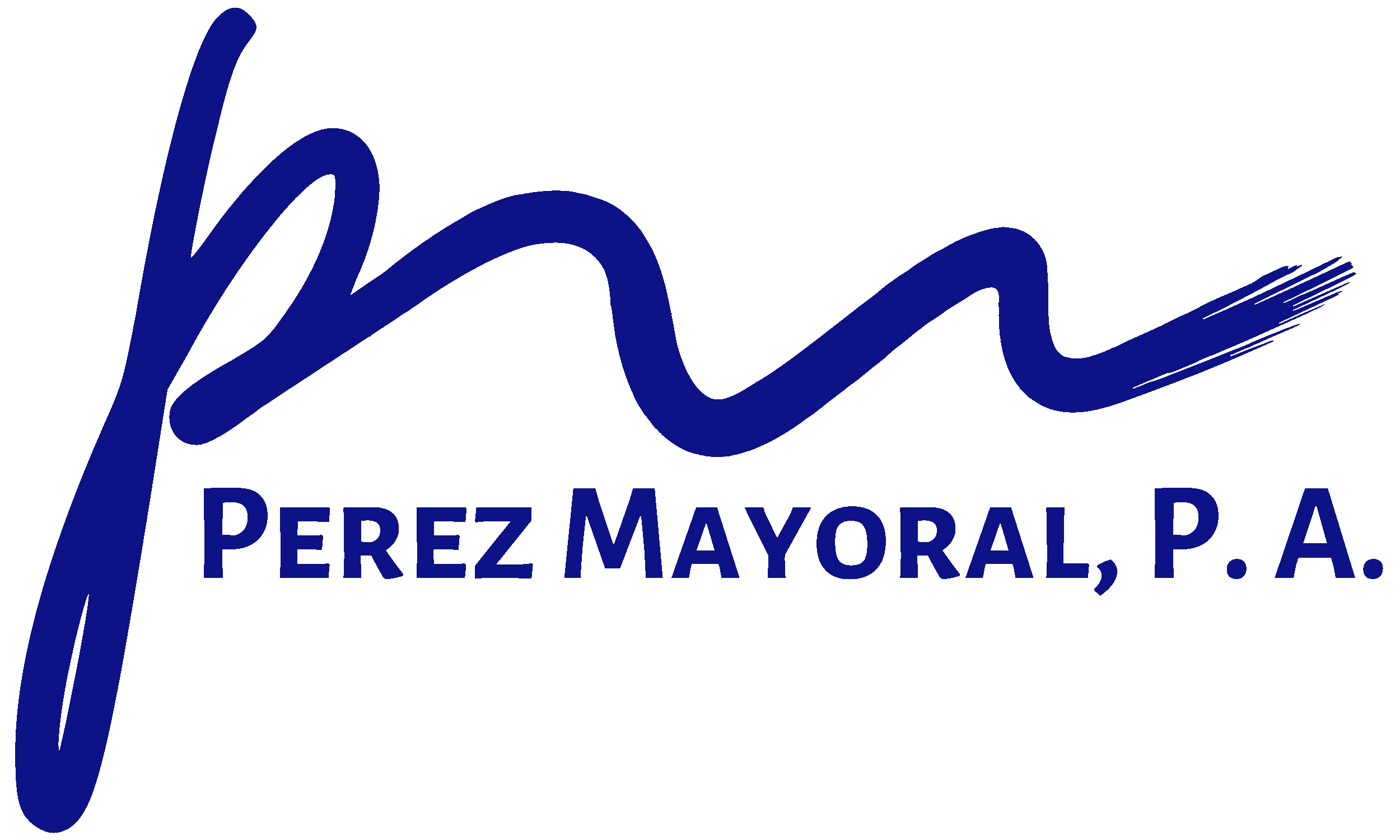Homeowners’ association (HOA) boards have a duty to hold regular meetings to discuss community issues, vote on decisions, and keep homeowners informed. Our Orlando, FL HOA dispute lawyer knows that these meetings allow homeowners to raise concerns, ask questions, and stay updated on how the board is managing the community. If your HOA board refuses to hold meetings or repeatedly cancels them without explanation, it can create frustration and leave homeowners feeling shut out of the decision-making process. Taking the right steps can help address the issue and restore transparency. We offer 24/7 live call answering, so reach out to us today.
Why HOA Meetings Are Important
HOA meetings give homeowners a chance to stay informed about community management and finances. They also provide a platform for homeowners to voice concerns, vote on major issues, and hold the board accountable for its decisions. Most state laws and governing documents require HOA boards to hold regular meetings, notify homeowners in advance, and allow homeowners to attend unless the meeting involves sensitive legal or personnel matters.
When the board fails to hold meetings, it can create several problems. Without regular meetings, the board may make decisions without input from homeowners, fail to address community issues, or mismanage funds. This lack of transparency can erode trust and lead to disputes within the community.
Check The Governing Documents And State Laws
The first step is to review your HOA’s governing documents, which typically include the Declaration of Covenants, Conditions, and Restrictions (CC&Rs) and bylaws. These documents outline the requirements for holding meetings, including how often they should be held, how notice should be provided, and how homeowners can request a meeting.
State laws also regulate how HOA boards must operate. Some states require boards to hold a certain number of meetings each year or allow homeowners to call a meeting if the board refuses to do so. If the board’s refusal to hold meetings violates state law or the governing documents, you have a strong case to challenge their actions.
Request A Meeting In Writing
If the board hasn’t scheduled a meeting or repeatedly cancels them, you can start by submitting a formal request in writing. Be clear about the reason for the request and reference the relevant sections of the governing documents or state laws that require the board to hold meetings. If other homeowners are concerned about the same issue, consider submitting a joint request to show broader community support.
Most governing documents outline the process for homeowners to call a special meeting if the board fails to act. This typically requires a certain percentage of homeowners to sign a petition. If your HOA’s bylaws allow for this, gathering support from other homeowners may pressure the board to respond.
Legal Options If The Board Refuses To Act
If the board continues to refuse to hold meetings despite written requests and community pressure, legal action may be necessary. State laws often allow homeowners to file a complaint or seek a court order requiring the board to hold meetings. A lawyer experienced in HOA law can help you file a complaint and work to protect your rights as a homeowner.
Boards that refuse to hold meetings may also be violating their fiduciary duties to the community. Homeowners have the right to expect transparency and accountability from their HOA board. If the board’s actions (or inaction) have caused financial harm or contributed to the mismanagement of community funds, you may have grounds to seek additional remedies.
Protect Your Rights As A Homeowner
If your HOA board refuses to hold meetings and ignores your concerns, you don’t have to handle it alone. At Perez Mayoral, P.A., we help homeowners protect their rights and hold HOA boards accountable when they fail to meet their obligations. Attorney Luis Martinez focuses his work on representing homeowners unit owners and he is ready to help you. Contact us today to discuss your situation and find out how we can help you take action.


